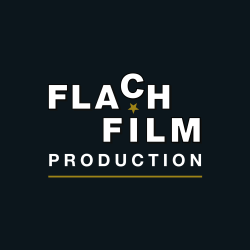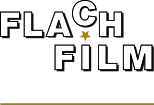Edito Alain FERRARI-648
Firstly, Algeria has held – and continues to hold – an important place in my personal life. I have always felt – and still feel – a great deal of admiration and respect for the people of Algeria, confronted for centuries with the most tragic situations imaginable. In the 20th century, they showed their courage, not only during their struggle for independence but also during the bloody 1990s. The people are still standing, despite the problems of living day to day, despite the massacres. Each new trip to Algeria confirms the admiration and respect that I feel.
The shooting of Un parcours algérien served to strengthen that feeling.
Secondly, the atypical nature of Hervé Bourges’s relationship with Algeria. Cinema and television have above all shown us French people who opted for one extreme or another: the "suitcase carriers" or the OAS. Hervé Bourges never adopted such radical positions. But his daily work, inspired by generosity and tolerance, allowed him, with the support of others, notably that of Christian groups, to maintain contacts between both shores of the Mediterranean, maintaining them at all costs both at the height of the "unnamed war" and during the troubled birth of the Algerian nation and state.
Finally, this project obliged me to imagine an original form: two stories knitted together, one subjective – Hervé Bourges’s account of his own experience – and the other more global and objective – the story of the period (1958-1965) or rather of certain precise aspects of the period as told by Hervé Bourges and by direct witnesses or actors of the events. And so I went to meet the former students of the youth centre in Aïn Arnat – a centre founded by Hervé Bourges near Sétif in 1958. An unforgettable encounter. Since Hervé Bourges wasn’t present, these men were able to speak openly and with the warmth of memory of the influence on their individual lives of this "odd soldier". At the same time, they allowed me to touch the harsh reality of the colonial experience.
Two intermingled accounts, then, that show the ties that have been maintained between the two peoples against all odds. May Un parcours algérien shatter the over-simplification that endures to this day: in this story of noise and fury, it wasn’t a mater of good guys against bad guys, or even of good guys against good guys, bad guys against bad guys. On each side, there were men of goodwill. And I have tried to pay tribute to them with this film, without subscribing to the culture of forgetfulness and with an urgent desire for conciliation, thanks to my "guide", Hervé Bourges.



